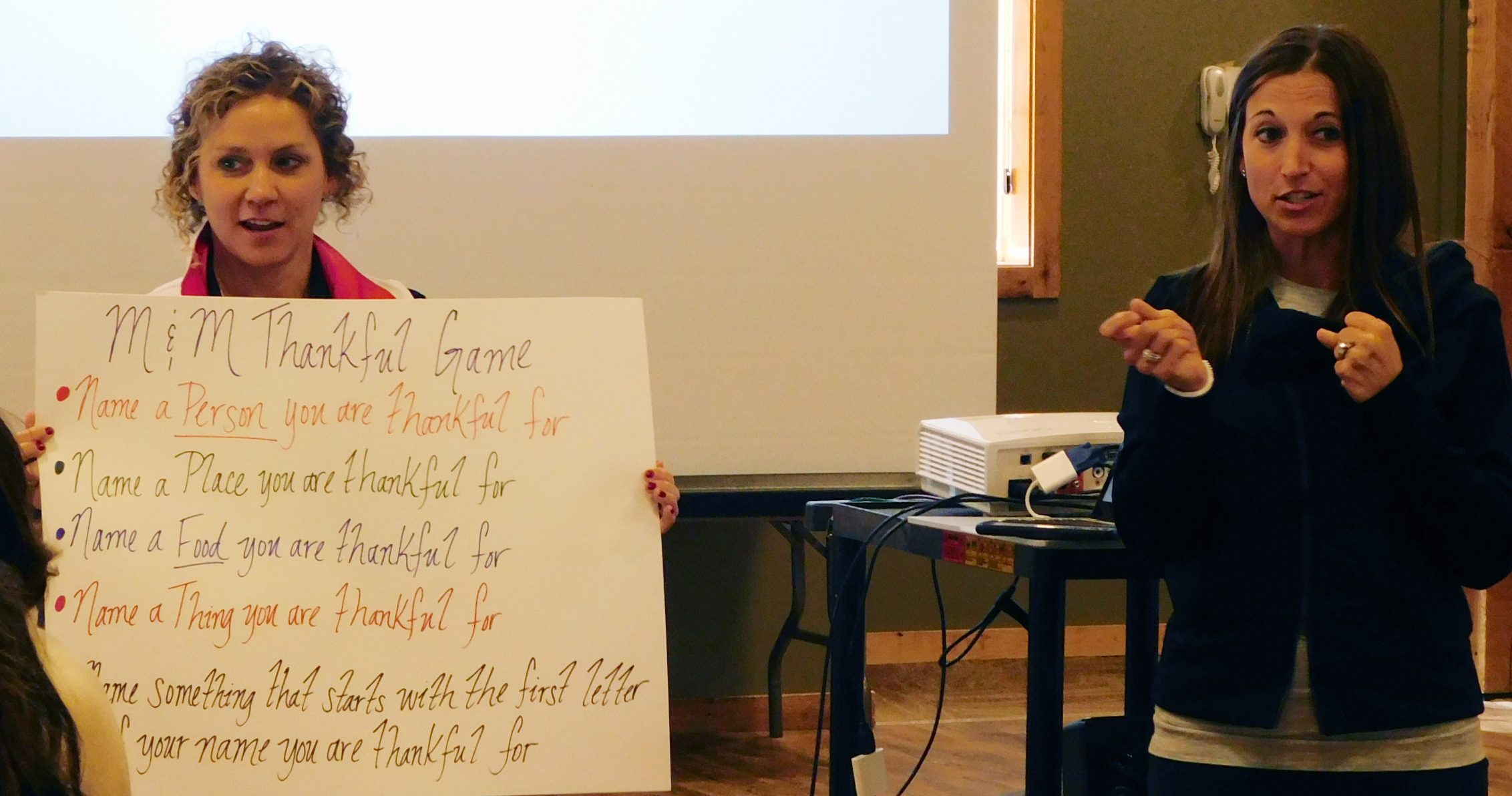Children, Families, and the Law, Center on

Center on Children, Families, and the Law: Faculty Publications
Document Type
Article
Date of this Version
2008
Citation
Victims and Offenders (2008) 3: 228-244. DOI: 10.1080/15564880801938474.
Abstract
Data on homicides in Buffalo, New York, are analyzed to demonstrate the importance of “methods triangulation” for assessing the validity of quantitative measures. Defended community homicides are quantitatively operationalized as acts that occur in the offender’s community against a nonlocal victim. Poisson models provide strong support for the existence of defended community homicide, which is significantly more common in residentially stable and racially homogenous neighborhoods. However, subsequent qualitative analyses of the victim and offender characteristics and motives of these homicides undermine the “defended community” concept. Qualitative analyses are necessary to assess the validity of quantitative measures in criminological research.


Comments
Copyright 2008, Taylor & Francis. Used by permission.